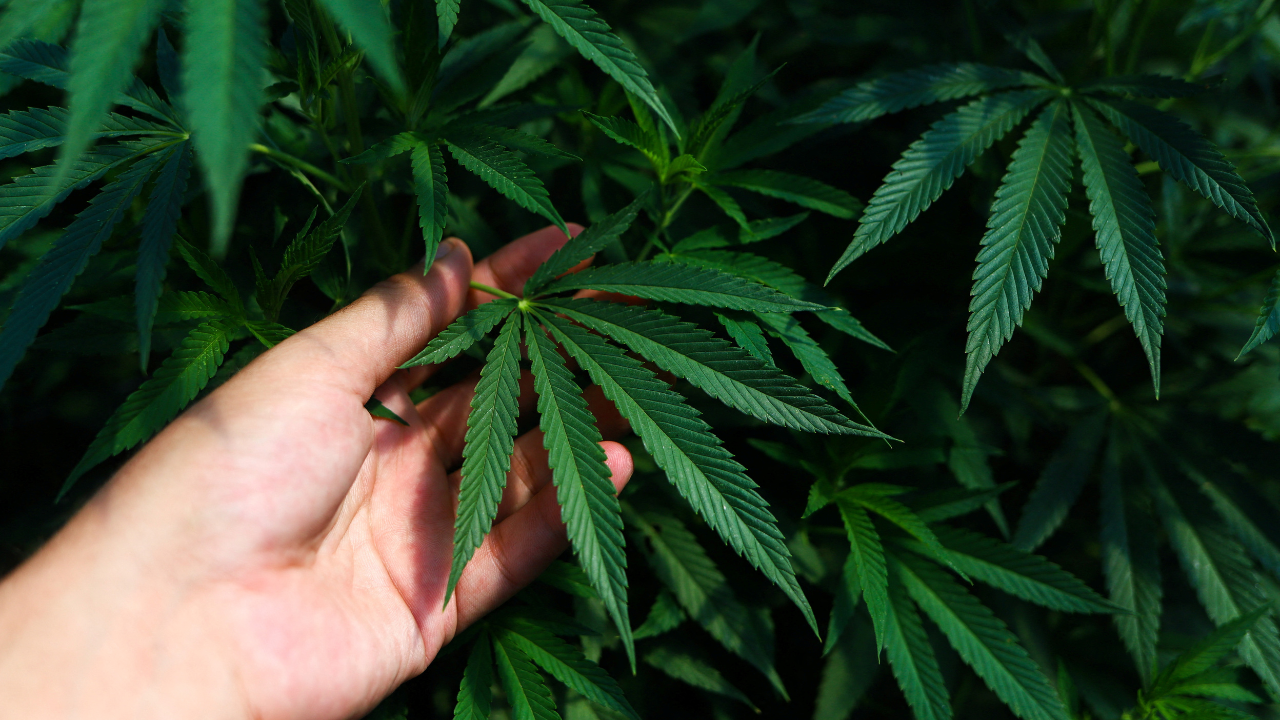

A recent study has shown that giving mice long-term, low doses of cannabis can reverse brain ageing and improve cognitive abilities. Researchers from the University Hospital Bonn and the University of Bonn in Germany, alongside the Hebrew University of Jerusalem, believe this could lead to new anti-ageing treatments for human brains.
The study, published in ‘ACS Pharmacology & Translation Science’, found that tetrahydrocannabinol (THC), the active ingredient in cannabis, affects the brain by restoring cognitive functions and encouraging the formation of new synapses, the connections between nerve cells.The secret lies in the manipulation of the protein switch mTOR (Mechanistic Target of Rapamycin), an important factor in regulating metabolism and cognitive performance.
Professor Dr Andreas Zimmer, Director of the Institute of Molecular Psychiatry at the UKB, said, “Anti-ageing strategies based on the reduction of mTOR activity might not only be ineffective but even counterproductive against brain ageing. In our current work, we have now found a strategy to solve this dilemma.”
In their earlier research, the team had shown that THC improved cognitive abilities in older mice. This new study dug deeper, examining how THC affects mTOR signalling and the metabolome, which includes all the metabolic properties of a cell. The results were surprising. In the brain, THC led to an increase in mTOR activity, boosting energy production and the formation of synaptic proteins, thereby improving cognition.
However, in other parts of the body, such as adipose tissue, the researchers observed a reduction in mTOR activity and metabolism which is similar to the effects of a low-calorie diet or intense physical exercise. Dr Andras Bilkei-Gorzo noted: “Our study suggests that a dual effect on mTOR activity and the metabolome could be the basis for an effective anti-ageing and cognition-enhancing drug.”
The study, published in ‘ACS Pharmacology & Translation Science’, found that tetrahydrocannabinol (THC), the active ingredient in cannabis, affects the brain by restoring cognitive functions and encouraging the formation of new synapses, the connections between nerve cells.The secret lies in the manipulation of the protein switch mTOR (Mechanistic Target of Rapamycin), an important factor in regulating metabolism and cognitive performance.
Professor Dr Andreas Zimmer, Director of the Institute of Molecular Psychiatry at the UKB, said, “Anti-ageing strategies based on the reduction of mTOR activity might not only be ineffective but even counterproductive against brain ageing. In our current work, we have now found a strategy to solve this dilemma.”
In their earlier research, the team had shown that THC improved cognitive abilities in older mice. This new study dug deeper, examining how THC affects mTOR signalling and the metabolome, which includes all the metabolic properties of a cell. The results were surprising. In the brain, THC led to an increase in mTOR activity, boosting energy production and the formation of synaptic proteins, thereby improving cognition.
However, in other parts of the body, such as adipose tissue, the researchers observed a reduction in mTOR activity and metabolism which is similar to the effects of a low-calorie diet or intense physical exercise. Dr Andras Bilkei-Gorzo noted: “Our study suggests that a dual effect on mTOR activity and the metabolome could be the basis for an effective anti-ageing and cognition-enhancing drug.”



